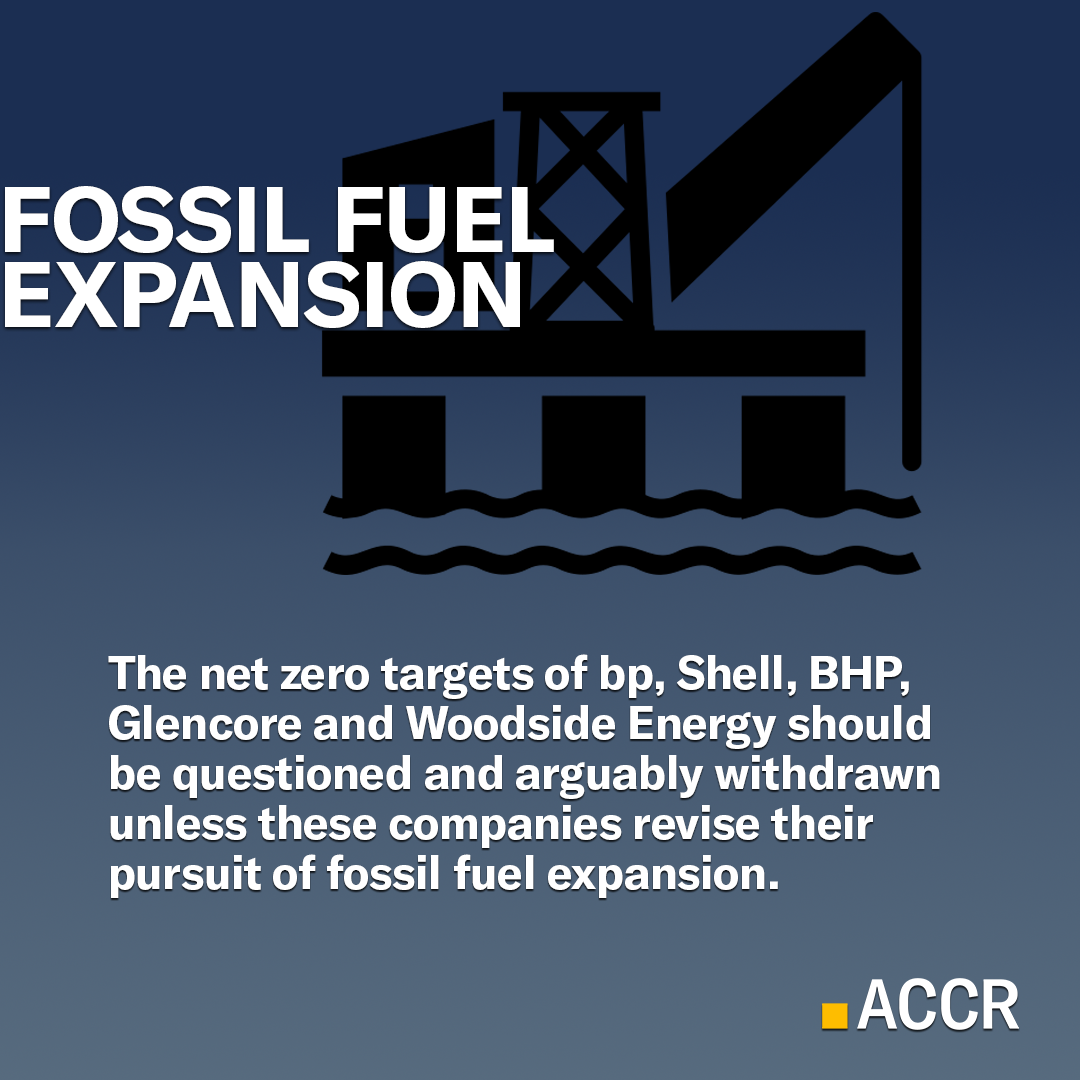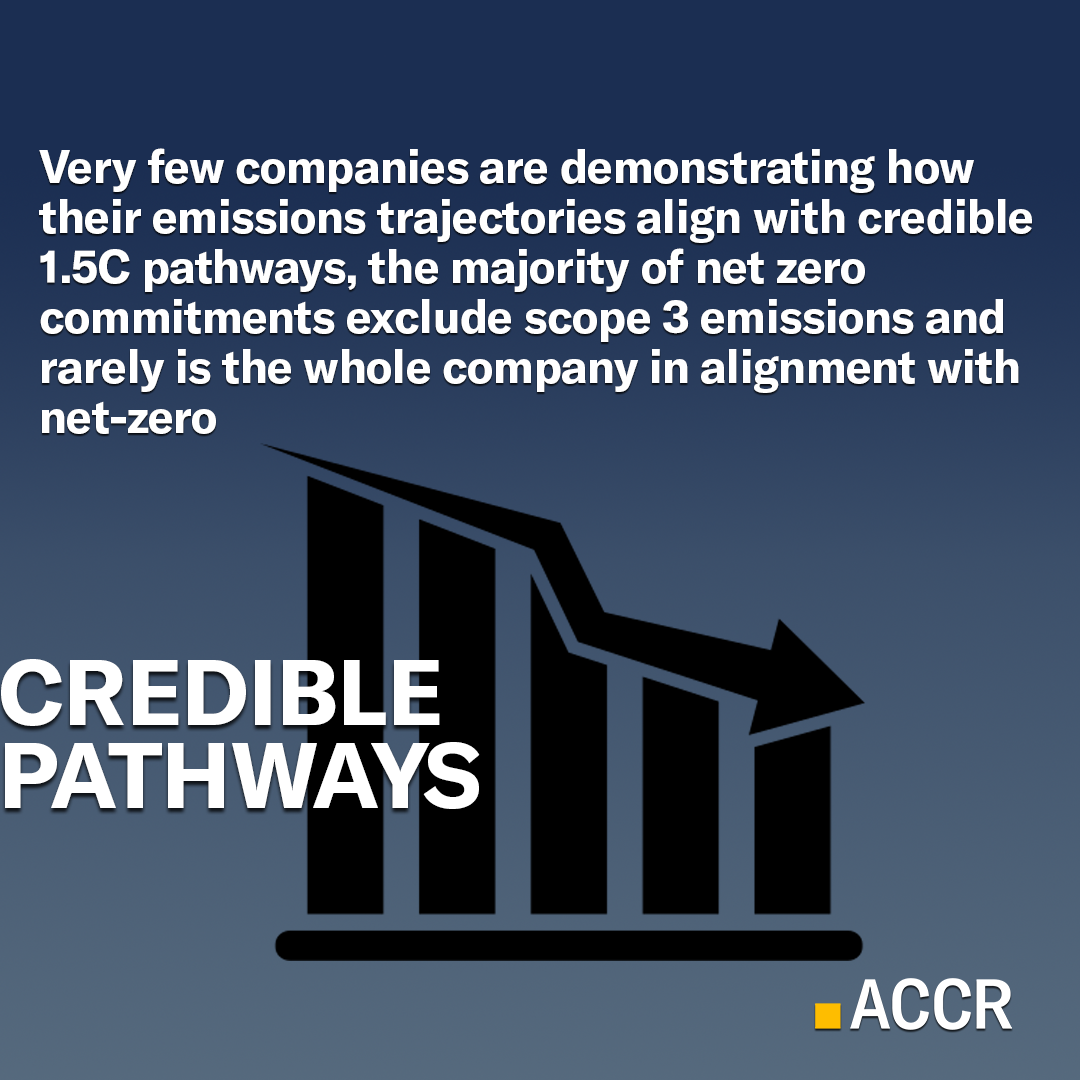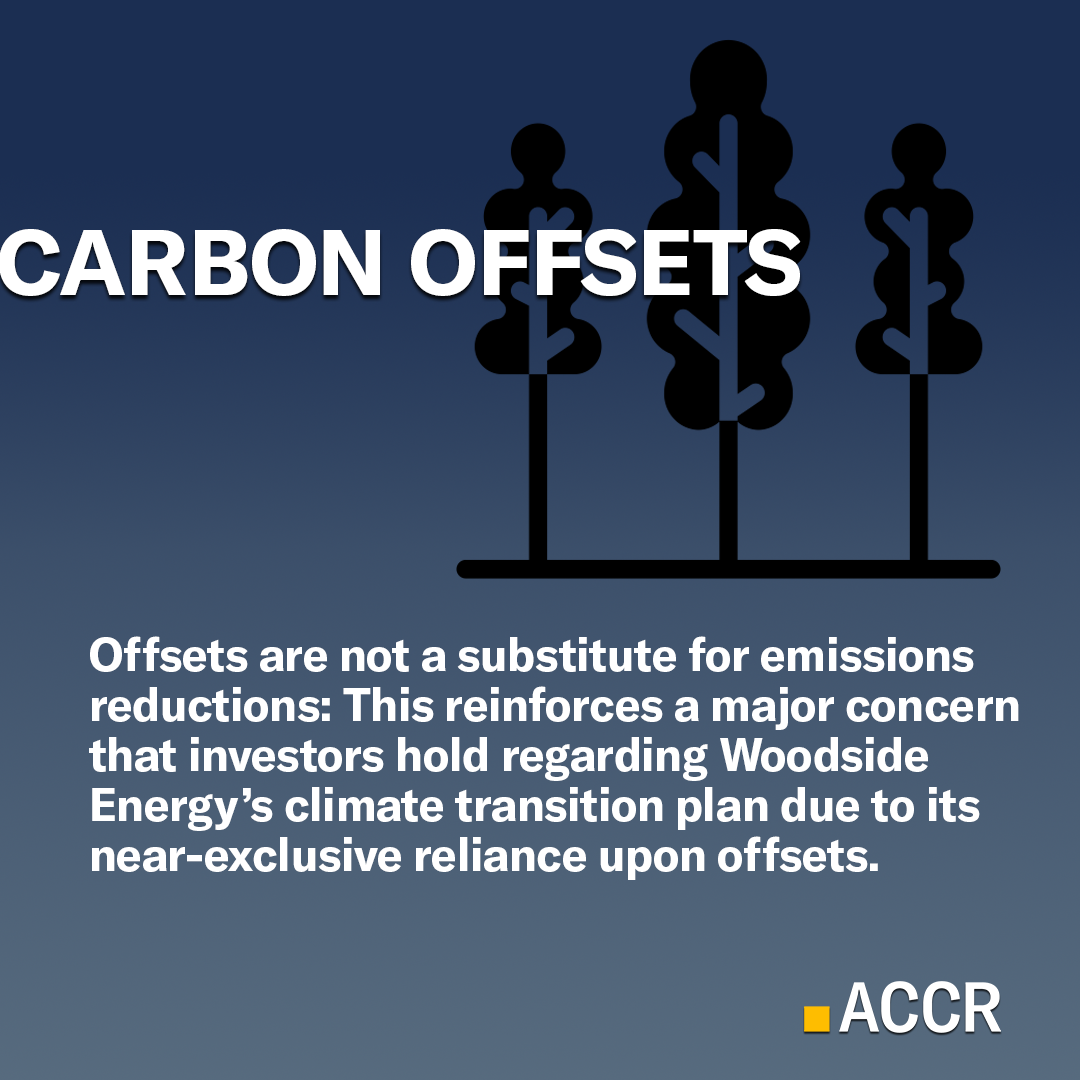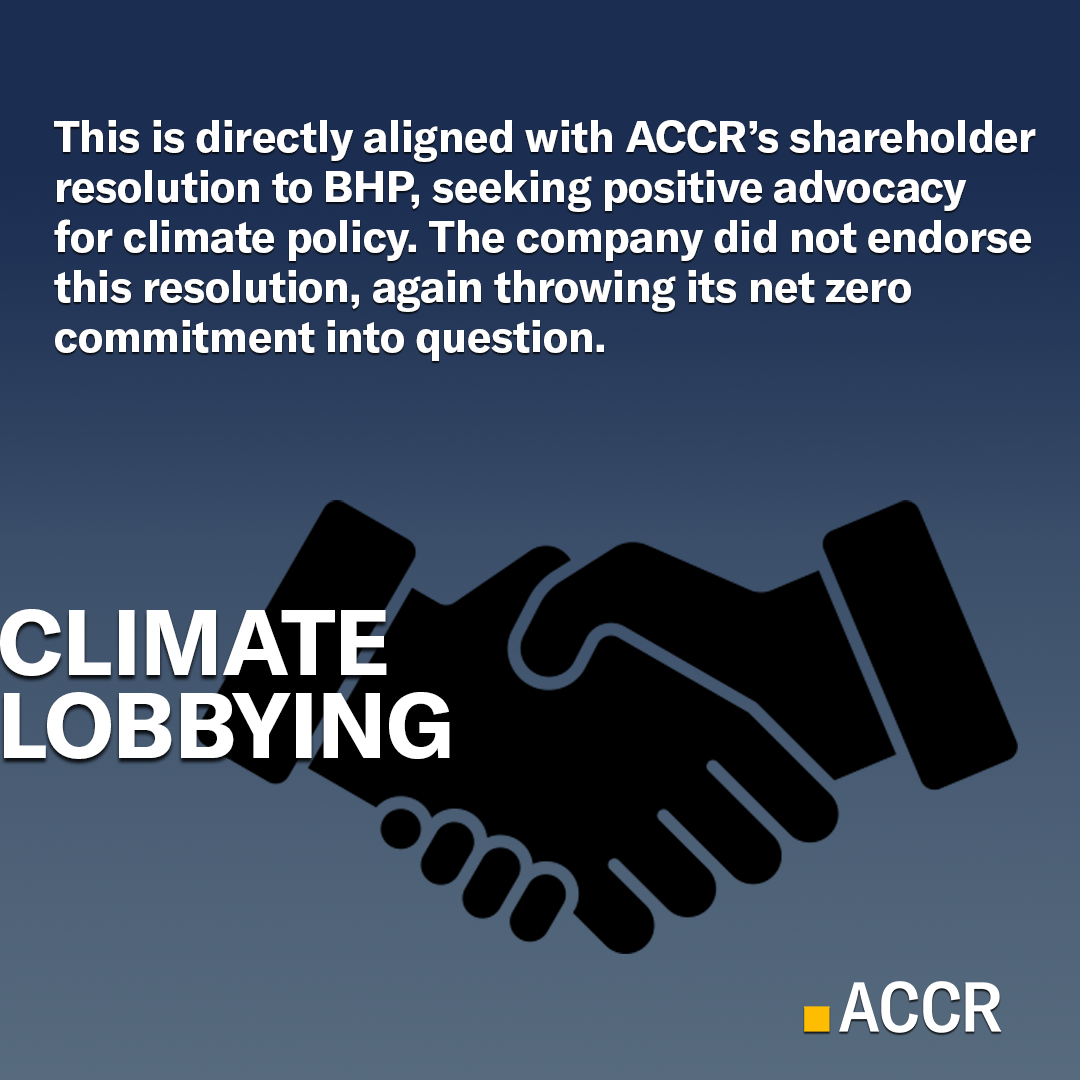No more nonsense in net-zero commitments
ACCR has long been concerned about greenwashing in the net-zero transition plans of the many companies we analyse and engage with.
Investors have a right to complete, accurate, honest and timely information about the current and future prospects of companies that they are investing in, or considering investing in. Greenwashing is a major risk for investors, who may rely on company disclosures to inform their choices.
The High-Level Expert Group (UN HLEG) on Net-Zero Emissions Commitments of Non-State Entities released its report at COP27. The findings serve to reinforce the existing concerns ACCR has with many company net zero pledges.
Here are the key take-aways for us:
Net zero commitments are entirely incompatible with continued investment in fossil fuels. Companies that are still expanding fossil fuel production cannot claim to be net zero.

Net zero commitments should cover scope 1, 2 and 3 emissions and interim targets must be based on a trajectory aligned with IPCC or IEA net zero pathways with no or limited overshoot.
Transition plans must detail whole-of-company alignment with net zero. Including capital expenditure, remuneration, business strategy and research and development. Additionally, transition plans should address the company’s approach to a just transition.

Offsets are not an alternative to immediate emissions reductions in a net zero pathway. Investments in high integrity offsets should be additional to emissions reductions not a substitute.

Positive advocacy from companies for 1.5C-aligned policy is essential to create an “ambition loop” and to facilitate a rapid transition.

Net zero transition plans and targets communicate to investors how a company is responding to the existential threat of climate change and de-risking its exposure to a carbon-constrained economy. Unfortunately, many plans and targets incorporate greenwashing, in that they overstate the strength of commitments and lack credibility. This misleads consumers of company disclosures, including investors.
We encourage all investors to review company commitments against these recommendations and challenge any net zero claims that are misaligned.
Read the full UN HLEG report here.